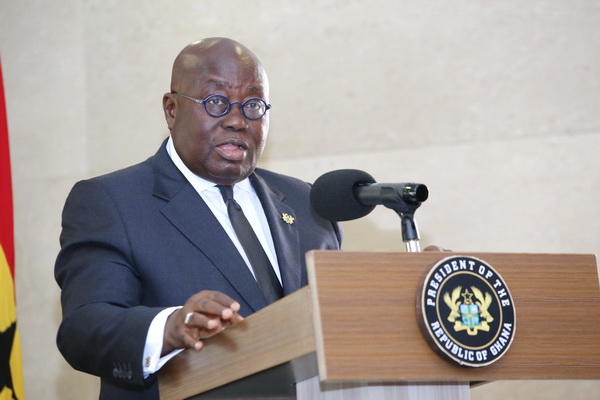
New curriculum must fulfil purpose
Since 2017, the government has resolved to pursue “bold and transformative” measures to address challenges that have hindered the progress of the educational sector over the years, with the conviction that those difficult decisions are critical to making access to education equitable and improve quality across the board.
Reform of the curriculum emerged as one of the priorities of the ministry to support the educational reform agenda of quality education and ensure that Ghana is in tune with meeting Sustainable Development Goal Four, which relates to equitable, inclusive and lifelong learning.
Experts say curricula are supposed to be revised every five years and if that is anything to go by, then the ministry is justified for the completed curriculum that was launched in April this year.
The new curriculum, which has been endorsed by the Cambridge Assessment International Education, is part of an Assessment Framework that will shift the focus from just preparing learners to pass examinations and will instead focus on making learners functional and conscious citizens to support Ghana’s national development.
It will ensure that each individual learner’s progression is monitored throughout the academic year. It will also ensure that the education system can systematically track progress.
The new curriculum will also make it possible to identify areas of strong and weak performance so that all learners receive the support they need to succeed.
To ensure that those who will implement the new curriculum are in tune with the reform, the Ghana Education Service (GES) and the National Council for Curriculum and Assessment (NaCCA), developers of the curriculum, have put together a week-long training session for every circuit supervisor, headteacher and teacher in public basic schools in the country totalling 152,000, who will attend the session in batches for two weeks with an additional one week for mop up for those who may have missed out on the training in the previous two weeks.
The training session began yesterday, August 13, in about 996 cluster centres spread out across all the 260 districts and all 16 regions of the country to be carried out by 3,900 national and district trainers in addition to 186 Master Trainers who have been despatched by the GES to support the regions and districts to ensure a smooth training.
The implementation of the approved basic curriculum for KG1 – P6 will begin in September at the start of the 2019/2020 academic year.
The Daily Graphic wishes to commend the ministry for taking the bold decision to roll out the reforms and for its agencies, the NaCCA for developing the curriculum and for the GES for agreeing to implement it.
The Daily Graphic further applauds the GES for organising a training in May this year with a simulation of the curriculum by 36 national simulators to identify areas that needed improvement.
We believe that the initial simulation exercise gave the GES enough opportunity to identify the gaps and shortfalls to ‘right the wrongs’ and dot the ‘Tees’ before opening it out to those who are to implement it.
Above all, the onus is on the implementors to take the training seriously so that they can in turn ensure that the new curriculum benefits the learners.
They also need to adhere to the new curriculum to practicalise teaching and learning procedures and prepare their lesson notes to conform to the new method of teaching,
The curriculum is the key to the delivery of quality education and for the ministry to prioritise curriculum revision could not have been a faux pas.

